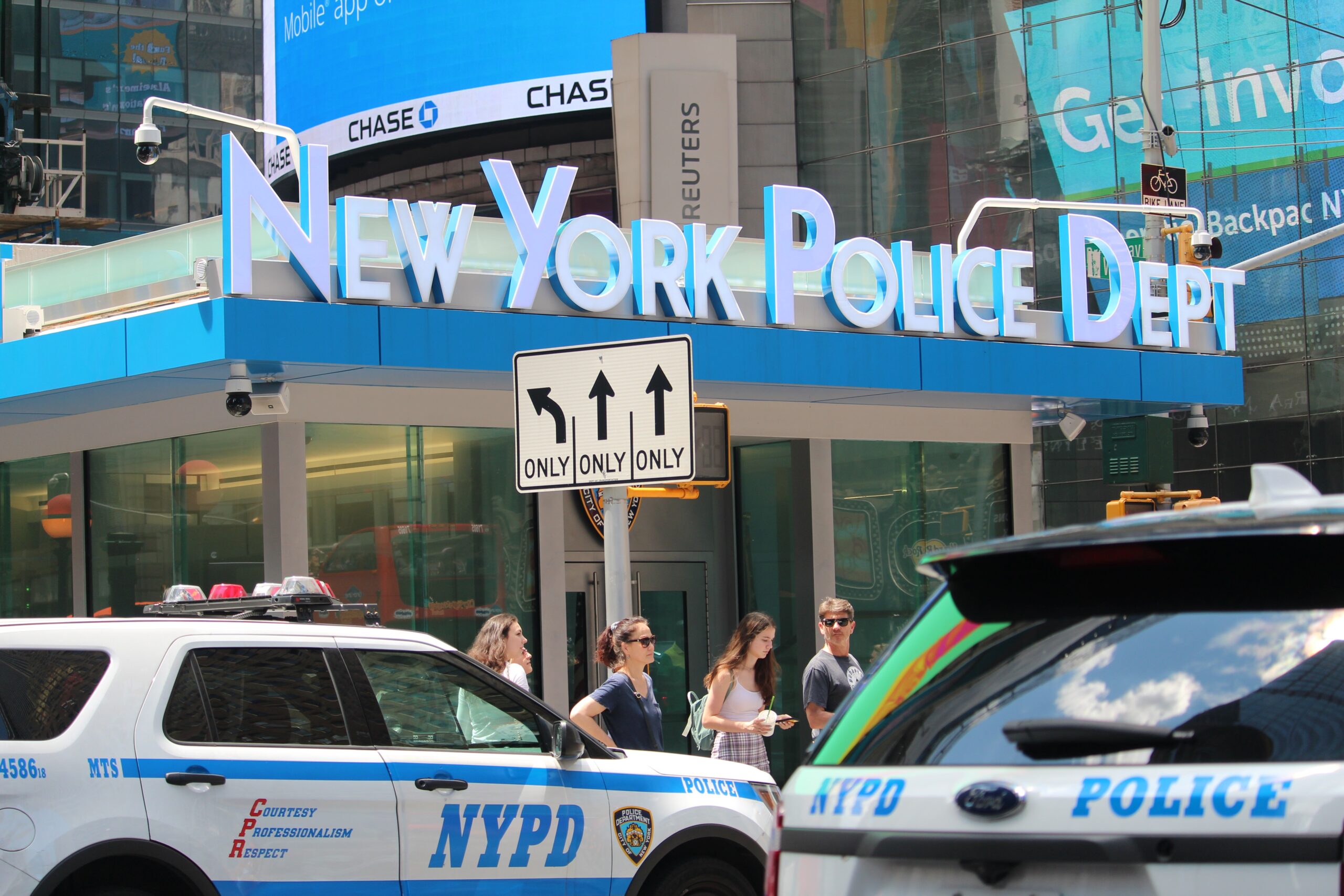We are living during extremely polarizing times since it is harder to navigate through legalities and have the means to record traumatic events. One relevant issue worth noting due to its prominence is wrongful arrest and lawsuit settlement with police. Arguably, it has been triggered by the recent race and hate crimes that pushed forward the current civil rights protests, like the Asian Lives Matter and Black Lives Matter movements.
The truth is ever since it became a norm for the general public to film things with their smartphones, plenty of similar legal situations have come to mind in earlier years. For instance, a mother from Florida was arrested for filming law enforcement in 2009, and an appellate court recognizes it as probable cause. This sparked a nationwide conversation about the legalities of recording police, which continues to hold some merit in today’s discourse on police brutality. If you want to prepare for similar situations or are already in one right now and hope to work it out, consider the relevant information in this guide.
What Happened during An Appellate Court’s Proceedings Regarding the Mother Who Filmed Police in 2009?
The appellate court led a proceeding against a mother who was filming the police that apprehended her son. Through a sworn statement, the woman said she used the digital camera to ensure the police were not lying about what happened to ensure accountability. The problem here is she confronted law enforcement at the parking and was willfully distracting them from an investigation against her son, who apparently snuck into the theater.
Even after repeated police orders to stop the filming, the mother kept on going and refused, leading to her eventual arrest. In the end, the judges did not even have any direct issues with the video recording. Thus, the arrest charge against the young woman was sustained.
How Is the 2009 Case Different From More Recent Incidences of Bystanders Filming Law Enforcement?
It is important to note that the 2009 case’s context is different and not classified under wrongful arrest because police were also well within their own rights and duties to do so. This is important to note because the case’s narrative from a superficial perspective can easily be misconstrued as either wrongful arrest or further justification for abusive law enforcement to be filmed. Therefore, it would be misleading to pin it on more recent police brutality cases, which are unacceptable from the people who should serve and protect citizens.
For example, we turn our attention to the highly publicized George Floyd case since there were witnesses who filmed the police using a smartphone. It clearly accounts that the victim was pinned by Derek Chauvin and then murdered. The suspect was also convicted of manslaughter and unintentional murder.
What Can Those Who Undergo Wrongful Arrest and Lawsuit Settlements about Filming Police Do?
If you or someone you know is arrested and forced to testify in court just because they were filming, remember that presenting evidence is your best defense. There are existing national and state laws for this, such as New York’s Right to Monitor Act. Just remember that you should not interfere with officers during the incident since you can be criminally liable for doing so. According to the American Civil Liberties Union, you should stay calm, ask if you are free to leave, keep your evidence (police cannot confiscate that), and file a legal complaint.
Conclusion
There are different types of police brutality, and being wrongfully arrested for filming law enforcement is one of them, especially if it is your word against theirs. Under the provisions of The First Amendment and other provisional acts, you are entitled to videotape events to gather evidence, but how you go about it matters. Therefore, ensure you know your rights, seek further legal counsel, and stay committed to holding people with power accountable.
Are you dealing with an NYPD wrongful arrest or any other police misconduct charges? Reach out to the best wrongful arrest lawyers in NYC at Ronemus & Vilensky. We specialize in civil rights cases, malpractice, and accidents. With our assistance, you can be properly represented in court and fight for the justice you rightfully deserve. Contact us today for your free legal consultation.
